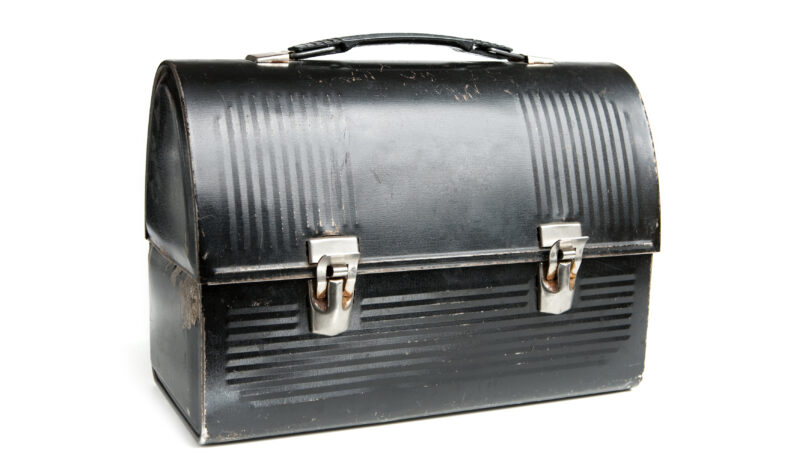
Read more at chipfilson.com
I’m 78 years old. Many requests for donations to support various organizations from prior years now come with a special option: become a legacy member.
These institutions cover the entire spectrum of public and civic service: hospitals, colleges and universities, churches, choral groups, and local theaters. The appeal here in D.C. even includes the many public museums, National Archives, Smithsonian institutions, Library of Congress et al. that are part of the Washington community.
A legacy commitment means that an individual will make a bequest to the organization in their will or via an estate planning vehicle such as a trust. It is not an immediate contribution, but rather a commitment made upon passing to support an endowment-like fund for the organization’s continued operations.
These legacy commitments are shown separately in donor listings to recognize this future intention. Last Sunday was Legacy Sunday at our local church. The bulletin insert asked “Are You a Member of CCPC’s Legacy Society?” and listed the names of both living and deceased members who had made a commitment along with statements of support by individuals such as:
“I pledge every year. None of us know when we will pass away, but I feel like this is a last commitment to the church. Think of it as my last pledge.”
Credit unions’ legacy commitment
A credit union recently sent me its founding story from 74 years ago. It reads:
“On April 29, 1949, ten tire factory floor workers set their names together in a bond of common trust that lives today as the cornerstone of the credit union.
“Long on hope, but short on cash, the credit union charter members carried a few dollars around between work shifts in a lunch box distributing $5 and $10 loans for the small essentials of life.
“On a factory floor or at a cafeteria table, in a quick exchange of papers and promises between shifts, the hushed request for a $10 loan for groceries, the nod of a head in answer, a review meeting after hours, a handshake—this was Local 310 Credit Union in action in the founders’ first days.
“A plink of quarters in a metal lunch box carried from shift to shift sounded the word: here is a resource created by workers for workers, that feeds families, futures and trust.”
That credit union still thrives today. Those founders met not just current needs but created a legacy that continues to serve members and communities generations later.
The legacy impact from a lunch box
Like all founders, these credit union incorporators created a perpetual legacy, not just a financial intermediary for the present. Today this credit union’s board and members carry on the founders’ belief in serving their community through an organization “where they know your name.”
Some current members are the grandchildren of the first organizers. Their legacy is to continue to “pay forward” what they inherited to their children’s children.
These members will soon celebrate their 74th Annual Meeting. Almost 300 have signed up for the event with dinner. They are witnessing the power of service, hope, and trust that a cooperative brings to members. Far beyond the current economic uncertainties or the latest fiscal year outcome.
These individuals both continue and increase the legacy they now celebrate, so the credit union can continue to be there for future members.
As stated in the credit union’s founding story: “We stand on the shoulders of legends who carried crumpled dollar bills from lockers, to cafeteria, to work stations in a steel lunch box— a symbol of a special bond between people who care about people.”
That is a Living Legacy we should all want to support. A unique benefit of cooperative design.
































































